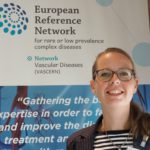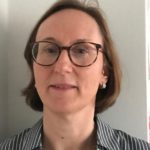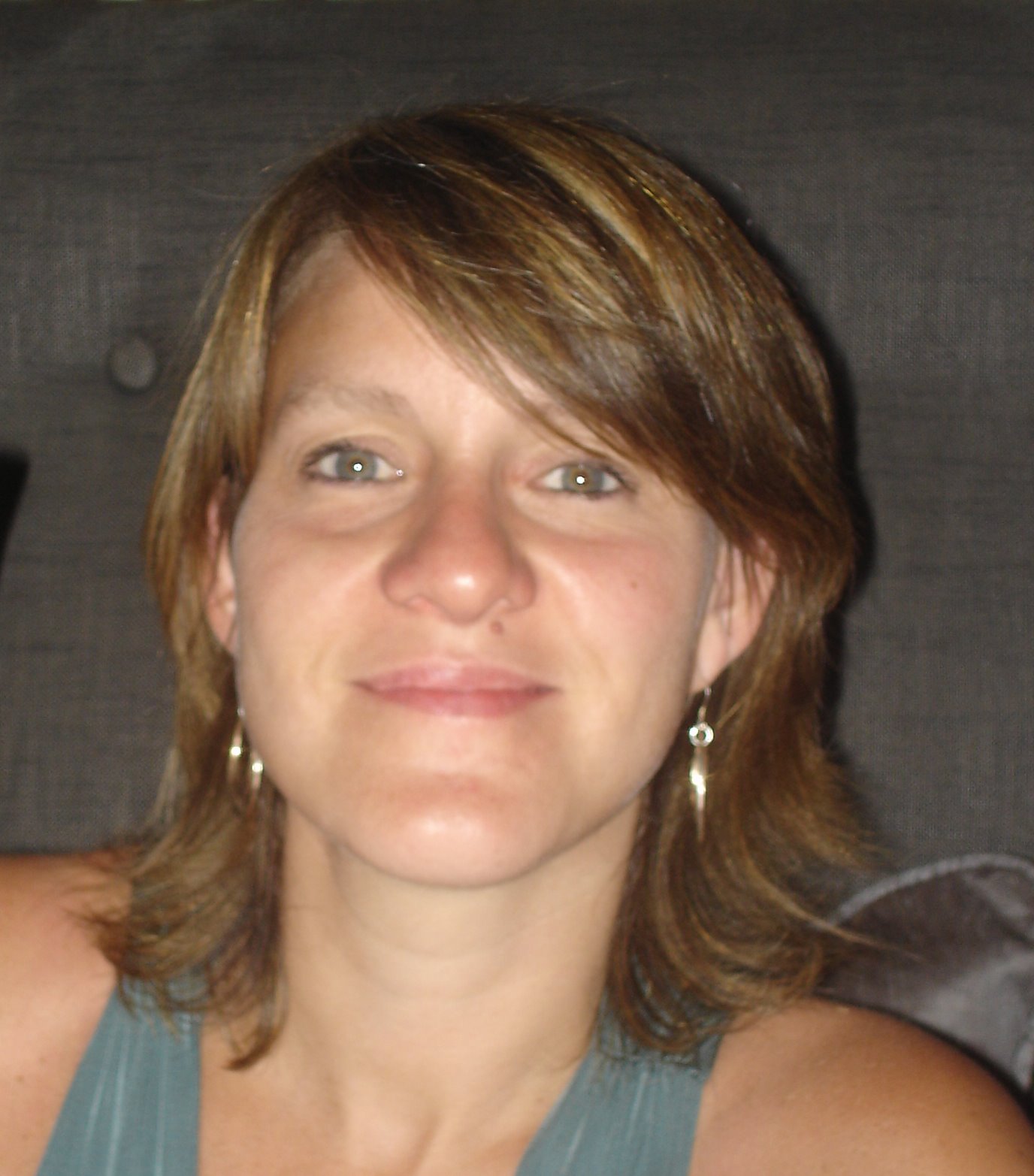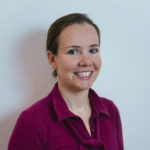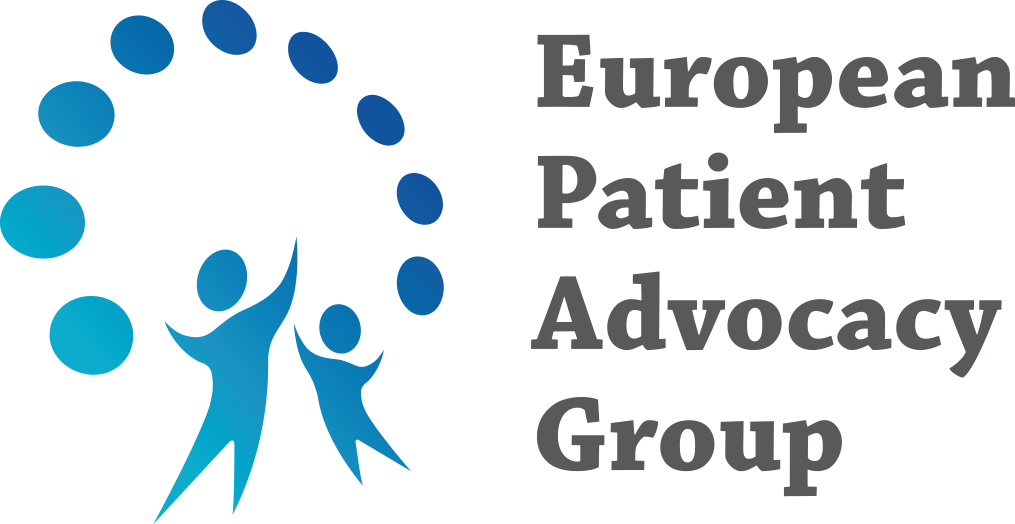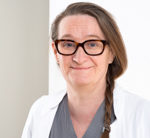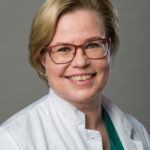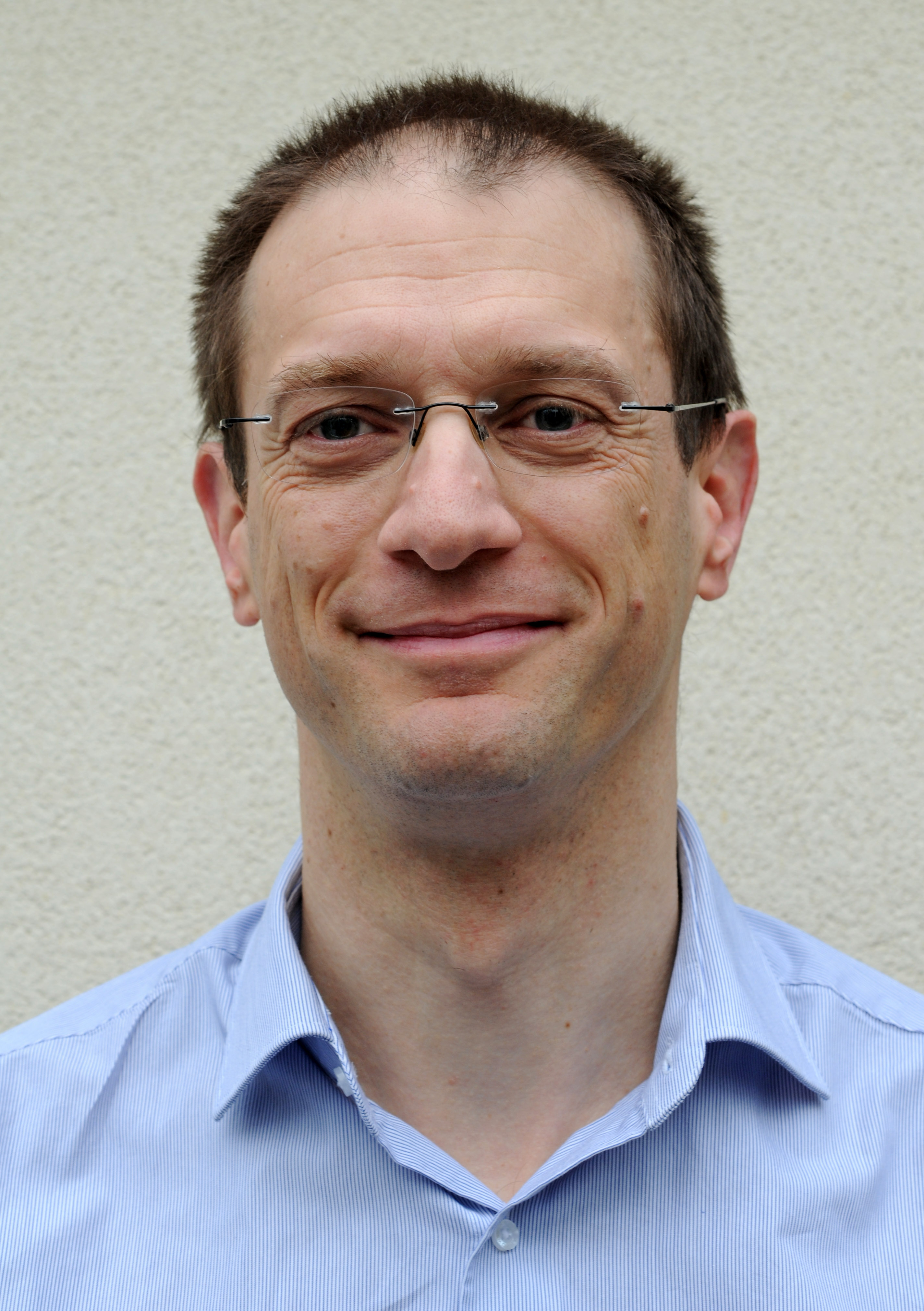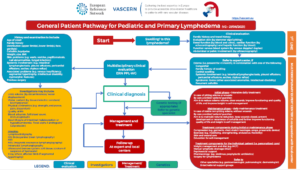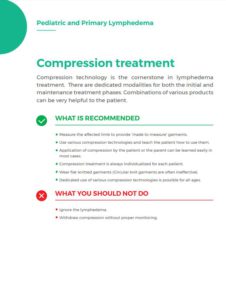The PPL Working Group, is built upon Multidisciplinary Centres of Excellence collaborating and have a long-standing expertise in the diagnosis and management of adults and children with lymphatic problems
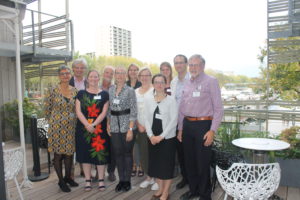
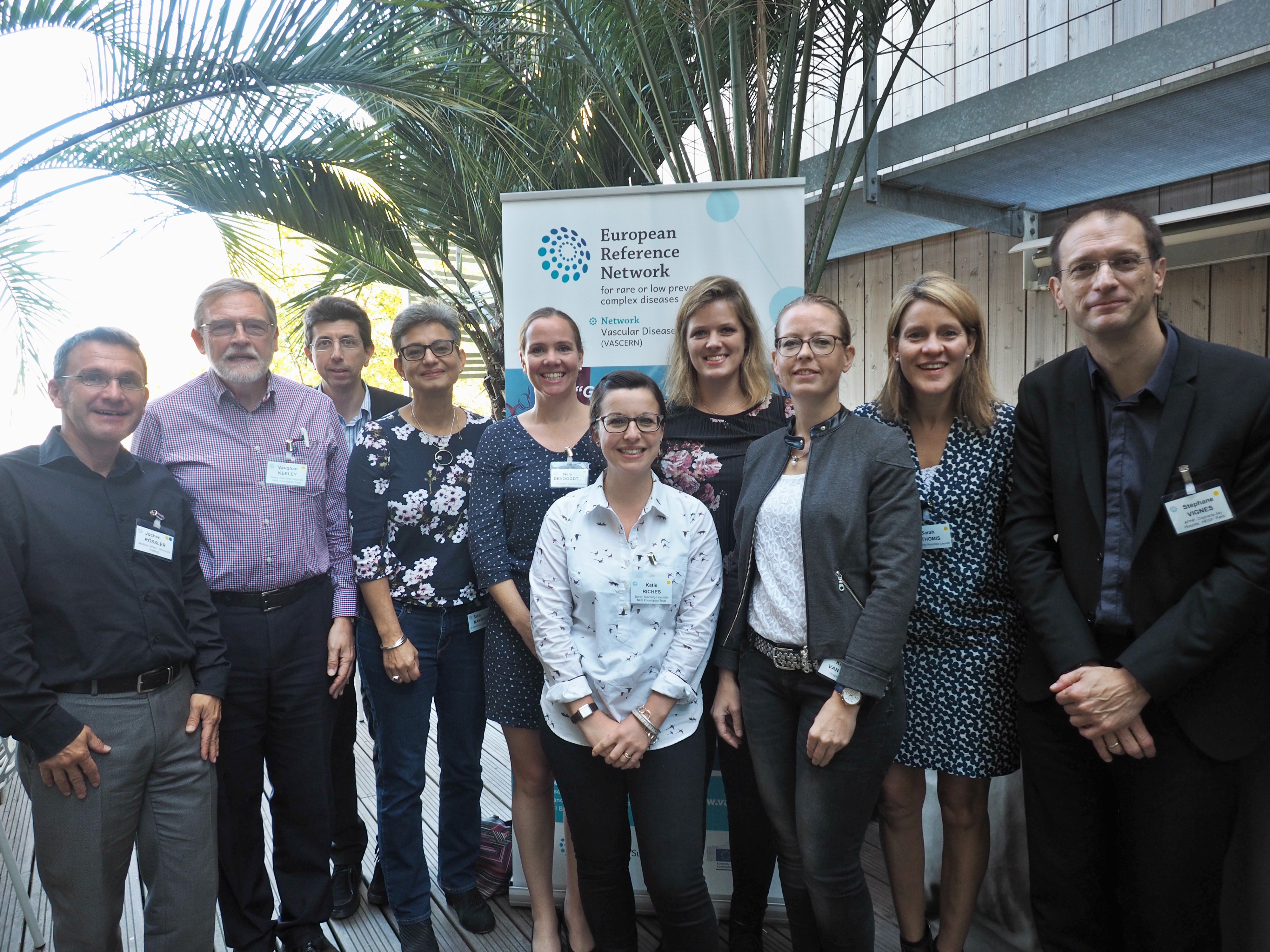
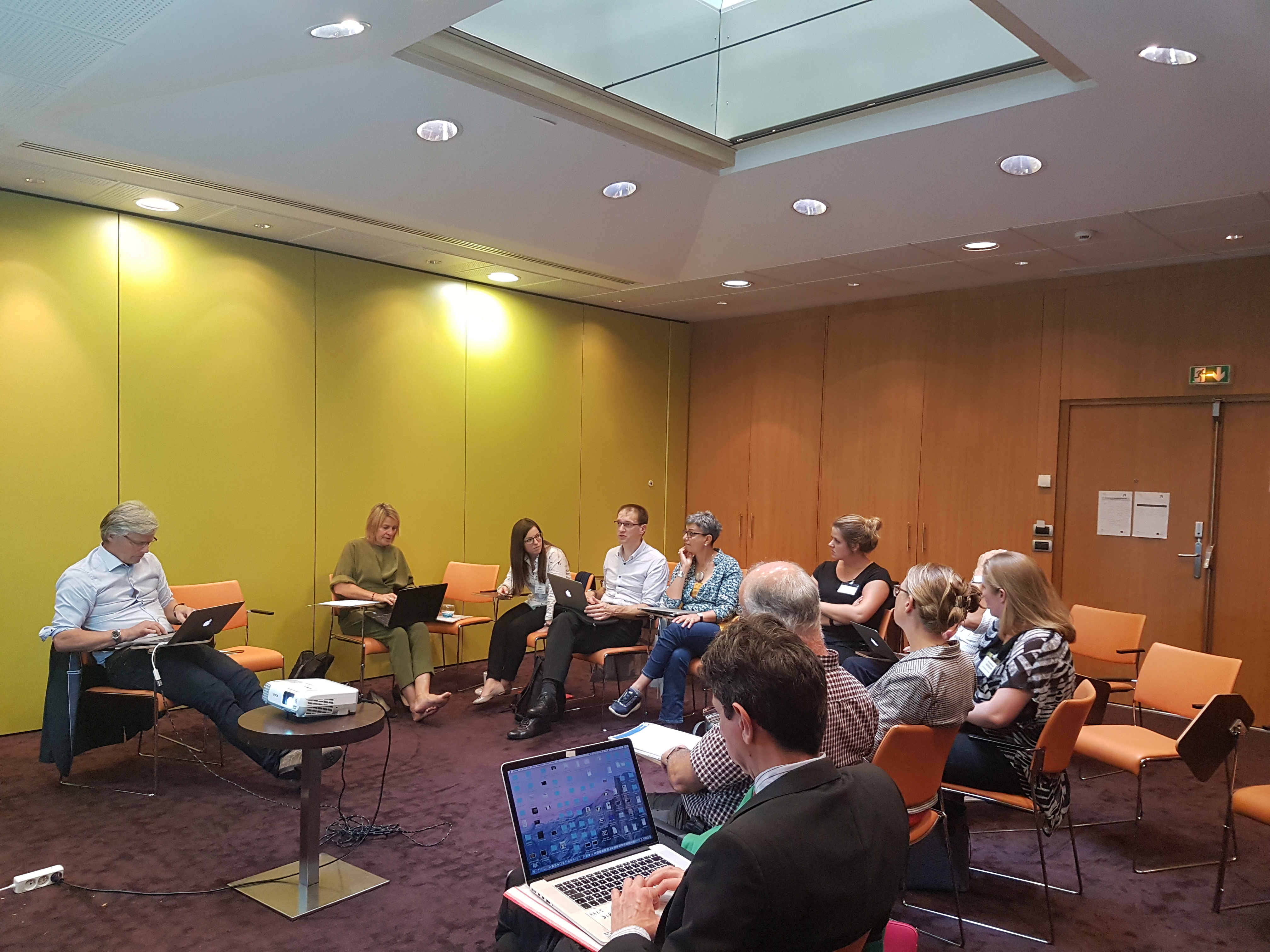
The Pediatric and Primary Lymphedema Working Group (PPL-WG) is one of the five Rare Disease Working Groups (RDWGs) of VASCERN that specialize in a particular type/group of rare vascular disease(s).
The PPL-WG is chaired by Dr. Robert DAMSTRA, Dermatologist at the Expert center for lympho-vascular medicine, Nij Smellinghe hospital in Drachten, the Netherlands and is Co-Chaired by Dr. Sarah THOMIS, from the Lymphovenous Center at University Hospitals Leuven in Leuven, Belgium. These chairs, and all members of the Working Group, have a long-standing expertise in the diagnosis and management of adults and children with lymphatic problems.
The PPL-WG cooperates with the European Patient Advocacy Group (ePAG), whose representatives in the PPL-WG are ePAG Co-Chair for PPL, Pernille Henriksen (DALYFO) and ePAG Deputy Co-Chair Manuela Lourenço Marques (ANDLymph/National Association of Sufferers of Lymphatic Disorders).
The PPL-WG interacts with all the other WGs within this ERN, especially the Vascular Anomalies WG (VASCA-WG), particularly with regard to some lymphovascular disorders, which may present with lymphedema of the extremities.
Main Thematic Group: primary lymphedemas including syndromic lymphedema in children and adults, and lymphovascular disorders. Secondary lymphedema in children up to 18 years of age.
Related Rare Or Complex Disease(s):
Lymphedema (ORPHA79383)
Congenital Lymphedema
– Milroy syndrome (ORPHA79452)
Late onset lymphedema
– Meige syndrome (ORPHA90186)
– Lymphedema distichiasis syndrome (ORPHA33001)
– Emberger syndrome (ORPHA3226)
Lymphedema with systemic involvement
– Hennekam syndrome (ORPHA2136)
– PIEZO1 related lymphatic dysplasia
– Generalised lymphatic dysplasia
– Multi-systemic lymphedema with systemic involvement
Syndromes associated with lymphedema
– Noonan/CFC syndrome (RASOpathies) (ORPHA648)
– Turner syndrome (ORPHA881)
– 22q13 microdeletion (ORPHA48652)
– Microcephaly with or without Chorioretinopathy, Lymphedema and Mental Retardation (MCLMR)(ORPHA2526)
Bases for the estimated incidence and prevalence numbers: 500 Million inhabitants within European union with about 6 million newborns annually.
| sub-thematic areas of expertise | Rare or complex disease(s) or condition(s) or highly specialized interventions | Code/ICD/ Orphacode / Group of Codes | Incidence (Number of cases / year) | Prevalence (in the EU) |
|---|---|---|---|---|
| PPL | Anhidrotic ectodermal dysplasia-immunodeficiency-osteopetrosis-lymphedema syndrome | ORPHA69088 | ||
| PPL | Cholestasis-lymphedema syndrome | ORPHA1414 | ||
| PPL | Dahlberg-Borer-Newcomer syndrome | ORPHA1563 | ||
| PPL | Deafness-lymphedema-leukemia syndrome | ORPHA3226 | ||
| PPL | Genetic primary lymphedema | ORPHA459530 | ||
| PPL | Hennekam syndrome | ORPHA2136 | ||
| PPL | Hypotrichosis-lymphedema-telangiectasia-renal defect syndrome | ORPHA69735 | ||
| PPL | Lymphedema | ORPHA79383 | 600 | prevalence of primary lymphedema is unknown, but is approximately 50 000 |
| PPL | Lymphedema-atrial septal defects-facial changes syndrome | ORPHA86915 | ||
| PPL | Lymphedema-cerebral arteriovenous anomaly syndrome | ORPHA86914 | ||
| PPL | Lymphedema-distichiasis syndrome | ORPHA33001 | ||
| PPL | Lymphedema-posterior choanal atresia syndrome | ORPHA99141 | ||
| PPL | Macrothrombocytopenia-lymphedema-developmental delay-facial dysmorphism-camptodactyly syndrome | ORPHA487796 | ||
| PPL | Meige disease | ORPHA90186 | ||
| PPL | Microcephaly-lymphedema-chorioretinopathy syndrome | ORPHA2526 | ||
| PPL | Milroy disease | ORPHA79452 | ||
| PPL | Monosomy 22q13 | ORPHA48652 | ||
| PPL | Non-hereditary late-onset primary lymphedema | ORPHA90185 | ||
| PPL | Noonan syndrome | ORPHA648 | ||
| PPL | Noonan syndrome and Noonan-related syndrome | ORPHA98733 | ||
| PPL | Noonan syndrome with multiple lentigines | ORPHA500 | ||
| PPL | Noonan syndrome-like disorder with juvenile myelomonocytic leukemia | ORPHA363972 | ||
| PPL | Noonan syndrome-like disorder with loose anagen hair | ORPHA2701 | ||
| PPL | Primary lymphedema | ORPHA77240 | ||
| PPL | Primary lymphedema with associated anomalies | ORPHA458841 | ||
| PPL | Segmental progressive overgrowth syndrome with fibroadipose hyperplasia | ORPHA314662 | ||
| PPL | Syndromic lymphedema | ORPHA89832 | ||
| PPL | Turner syndrome | ORPHA881 | ||
| PPL | Turner syndrome due to structural X chromosome anomalies | ORPHA99413 | ||
| PPL | Yellow nail syndrome | ORPHA662 |
HEALTHCARE PROVIDER (HCP) FULL MEMBERS
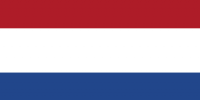
NETHERLANDS
Nij Smellinghe hospital, Drachten, The Netherlands
VASCERN PPL European Reference Centre, Expert Center for lymphovascular medecine


BELGIUM
University Hospitals Leuven, Leuven, Belgium
VASCERN PPL European Reference Centre, Lymphovenous Center

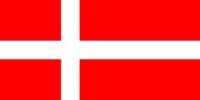
DENMARK
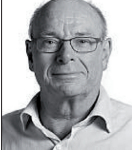
Dr. Tonny KARLSMARK
Clinical Associate Professor

Dr. Hanne BUCIEK HOVE
Consultant Clinical Geneticist
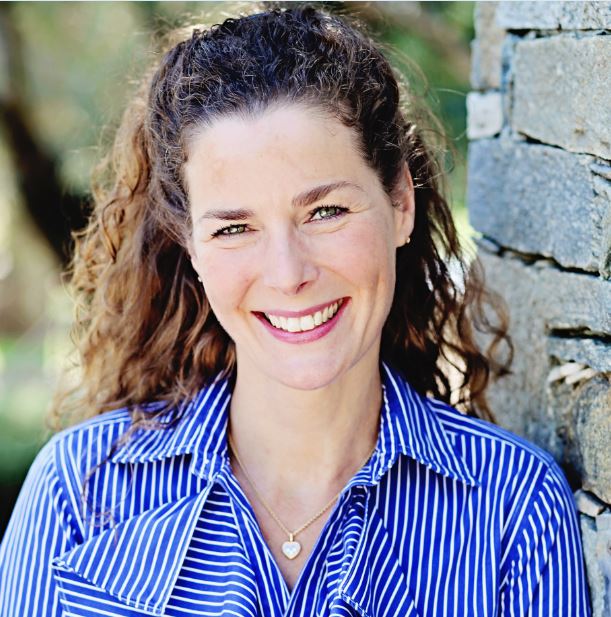
ePAG Co-Chair
Pernille HENRIKSEN
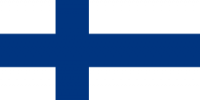
FINLAND
Helsinki University Hospital, Helsinki, Finland
VASCERN PPL European Reference Centre, Department of Plastic Surgery


FRANCE
Consortium: AP-HP, HEGP Hôpital européen Georges Pompidou, Paris, France
VASCERN PPL European Reference Centre, French Reference Center rare vascular diseases, Primary Lymphedema Unit, Hôpital Cognacq-Jay

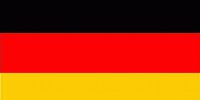
GERMANY
Consortium: University Medical Center Freiburg and Földi Clinic, Merzhausen, Germany
VASCERN PPL European Reference Centre, European Centre for Lymphology


Dr. Michael OBERLIN
Specialist in internal medicine
Wound Management / Lymphology
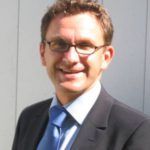
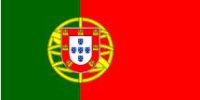
PORTUGAL

ePAG Deputy Co-Chair
Manuela LOURENÇO MARQUES
AFFILIATED PARTNERS
There are 2 types of affiliated partners:
- Associated National Centres (mainly healthcare providers) for those ERNs where an EU Member State is not yet represented by a full member in the respective ERN. It establishes a link with one specific ERN.
- A National Coordination Hub which establishes at once a link with more than one Network in which a given Member State is neither represented by a full member nor by an Associated National Centre. National Coordination Hubs may especially represent a useful solution for those Member States with very small populations that need to establish such links with many ERNs at once.
Associated National Centers
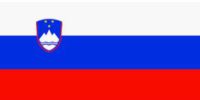
SLOVENIA
Pills of Knowledge (PoK)
Pills of Knowledge (PoK) are the deliverable for VASCERN Work Package 4 on Pills of Knowledge, defined as short single video lessons (of approximately 3-5 minutes long) in which an expert talks about a specific topic that has been selected and validated by the Rare Disease Working Groups (RDWGs).
All Pills of Knowledge by the Pediatric and Primary Lymphedema Working Group (PPL-WG) can be found in the PPL-WG Playlist here
An Overview of Pediatric and Primary Lymphedema
The video introduces the lymphatic system and gives a brief summary on what exactly is lymphedema. Diagnosis, treatment, and complications are all explained in a clear and understandeable manner, making this video accessible to patients and the general public.
Video in English. Subtitles available in 5 European languages (English, French, Dutch, German and Finnish).
View this video here
Compression in Pediatric and Primary Lymphedema
Created by Dr. Kirsten F. van Duinen (Dermatologist, Nij Smellinghe Hospital Drachten, Netherlands)
This Pill of Knowledge (PoK) introduces the therapeutic process involved in the treatment of Pediatric and Primary Lymphedema (PPL) and how compression therapy is the cornerstone of management and treatment in PPL. It is intended for healthcare professionals and patients who would like to know more about the different types of compression therapy used to manage PPL.
Video in English. Subtitles available in 4 European languages (Dutch, English, French and German).
Cellulitis / Erysipelas in Pediatric and Primary Lymphedema
Created by Dr. Vaughan Keeley (Lymphedema Consultant, Derby Teaching Hospitals NHSF Trust, Derby, UK)
In this Pill of Knowledge (PoK), Dr. Vaughan Keeley gives an overview of cellulitis/erysipelas, which is a bacterial infection and a common complication in patients with Pediatric and Primary Lymphedema (PPL). He reviews the clinical presentation, diagnosis and treatment for cellulitis. This PoK is suitable for both patients and healthcare professionals.
Video in English. Subtitles available in 4 European languages (English, French, Dutch and German).
Lymphedema from a child’s perspective
Created by andLINFA (The National Association of Sufferers of Lymphatic Disorders – Portugal) and validated by members of the Pediatric and Primary Lymphedema Working Group (PPL WG).
In this Pill of Knowledge (PoK), Leonor, a Portuguese girl with lymphedema gives her testimonial of what it is like to live with this rare disease. It is suitable for both children and adults and a great resource for raising awareness of PPL.
Video is in Portuguese but subtitles are available in 9 European languages (Portuguese, English, Danish, Swedish, Dutch, Italian, Spanish, German and French).
Genetic Testing for primary lymphedema – a mother’s perspective
Created by Carina Mainka (ePAG patient advocate for the PPL WG and representative of KIF11 Kids e.V.) and validated by members of the Pediatric and Primary Lymphedema Working Group (PPL WG).
Carina presents the importance of genetic testing and receiving proper genetic counselling when primary lymphedema is diagnosed in a family and how reaching out to a patient association can be of great support.
Video in German subtitles available in German, English, French, Portuguese, Swedish, Norwegian, Finnish, Italian, Slovenian, Spanish, Dutch and Danish.
Webinars
VASCERN Webinar: Infections and Lymphedema
This webinar on “Infection and Lymphedema” includes an informative presentation followed by a Q&A session, featuring questions collected from the Pediatric and Primary Lymphedema (PPL) patient community.
Featuring PPL Working Group members: Dr. Kirsten van Duinen, Dr. Tanja Planinšek Ručigaj, Manuela Lourenço Marques (ePAG Deputy Co-Chair for PPL) and Pernille Henriksen (ePAG Co-Chair for PPL).
Video in English.
![]() Please also refer to the accompanying document: Cellulitis Flowchart for Patients with Lymphedema
Please also refer to the accompanying document: Cellulitis Flowchart for Patients with Lymphedema
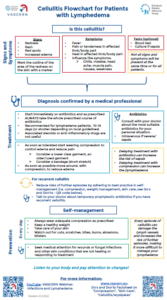
Patient Pathways aim to improve the care and management of patients with a rare disease. They include the “red flags” that may lead to the suspicion of the disease, how to reach a definite diagnosis and the management and follow-up recommendations. They are a very important tool used in defining the best patient care and will be further validated and updated when needed.
The General Patient Pathway for Pediatric and Primary Lymphedema (PPL) ( issued 08/11/2019) can be found here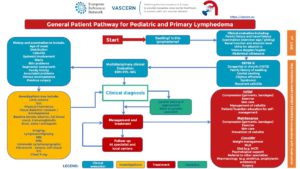
![]() The new V2 version of the General Patient Pathway for Pediatric and Primary Lymphedema (PPL) (issued 21/06/2021) can be found here
The new V2 version of the General Patient Pathway for Pediatric and Primary Lymphedema (PPL) (issued 21/06/2021) can be found here
Netherlands
Damstra RJ, Halk A-B. The Dutch lymphedema guidelines based on the International Classification of Functioning, Disability, and Health and the chronic care model, Journal of Vascular Surgery, 5 (2017) 756-765. doi:10.1016/j.jvsv.2017.04.012 (contains condensed summary from Dutch 2015 Lymphedema Guidelines)
Germany
German guidline “Diagnostis and therapy of lymphedema“: Jörg Wilting, Rolf Bartkowski, Rüdiger Baumeister, Etelka Földi, Susanna Stöhr, Gerson Strubel, Klaus Schrader, Jürg Traber, S2k Leitlinie – Diagnostik und Therapie der Lymphödeme AWMF Reg.-Nr. 058-001, May 2017
English version of German Guidelines “Diagnostics and therapy of lymphedema” available here
Report of German Guidelines with all the collaborating members from Germany, Austria and Switzerland
The German guidelines are published here (organised by by 32 different groups in Germany, Austria and Switzerland).
UK
The Children’s Lymphoedema Special Interest Group (CLSIG) has produced a Children’s Charter.
Charter of Care for Children and Young People with Lymphoedema
CLSIG Childhood Lymphoedema Diagnostic and Assessment pathways
St. George’s Paediatric Investigation Tool for patients with primary lymphoedema
Classification and Diagnostic Algorithm for Primary Lymphatic Dysplasia
Supporting documents and clinic information are available here
Gordon K, Varney R, Keeley V, Riches K, Jeffery S, Van Zanten M, Mortimer P, Ostergaard P, Mansour S. Update and audit of the St George’s classification algorithm of primary lymphatic anomalies: a clinical and molecular approach to diagnosis. J Med Genet. 2020 Oct;57(10):653-659. doi: 10.1136/jmedgenet-2019-106084. Epub 2020 May 14. PMID: 32409509; PMCID: PMC7525776.
France
The PNDS (French National Protocol for care in Rare Disease) for PPL
The PPL-WG is currently working on the production of consensus statement documents on various topics including diagnostic patient pathway for PPL, QoL for children, compression in children.
The PPL-WG is currently working on defining their clinical outcome measures.
All Pediatric and Primary Lymphedema (PPL) Factsheets in one document:
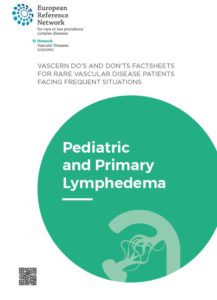 Individual factsheets for each topic:
Individual factsheets for each topic:
Inter/(Multi)-disciplinary treatment
Follow-up for patients with primary lymphedema
Physical activity and lymphedema
Genetic testing for Primary Lymphedema
Operative intervention lymphedematous limb
Care for patient with traumatic injuries
Translations in other EU languages are available here
Skin Care Factsheet for Patients (issue date: 21/06/2021)
Translations in other EU languages are available here
![]() Cellulitis Flowchart for Patients with Lymphedema (issue date 01/2022)
Cellulitis Flowchart for Patients with Lymphedema (issue date 01/2022)
Translations in other EU languages are available here
Children’s Compression Factsheet for patients (issue date 20/12/2021)
Translations in other EU languages are available here
The PPL-WG Registry project will consist of the creation of a FAIR registry dedicated to the diseases covered by the PPL-WG, with the same aims, organisation and steps as the VASCA Registry. In addition, the PPL Working Group will benefit from the progress made by the VASCA Working Group, as PPL will use the same server, program, and development strategy as VASCA.
More information on the Registry WG page here.
- Year 1: Collaborative Publications
No collaborative publications from the PPL-WG between March 2017-February 2018.
- Year 2: Collaborative Publications
No collaborative publications from the PPL-WG between March 2018-February 2019.
- Year 3-4: Collaborative Publications
Novel mutations in PIEZO1 cause an autosomal recessive generalized lymphatic dysplasia with non-immune hydrops fetalis. Fotiou E, Martin-Almedina S, Simpson MA, Lin S, Gordon K, Brice G, Atton G, Jeffery I, Rees DC, Mignot C, Vogt J, Homfray T, Snyder MP, Rockson SG, Jeffery S, Mortimer PS, Mansour S, Ostergaard P. Nat Commun. 2015 Sep 3;6:8085. doi: 10.1038/ncomms9085. Erratum in: Nat Commun. 2019 Apr 26;10(1):1951. PMID: 26333996; PMCID: PMC4568316.
Update and audit of the St George’s classification algorithm of primary lymphatic anomalies: a clinical and molecular approach to diagnosis. Gordon K, Varney R, Keeley V, Riches K, Jeffery S, Van Zanten M, Mortimer P, Ostergaard P, Mansour S. J Med Genet. 2020 May 14:jmedgenet-2019-106084. doi: 10.1136/jmedgenet-2019-106084. Online ahead of print.PMID: 32409509
Primary lymphoedema. Brouillard P, Witte MH, Erickson RP, Damstra RJ, Becker C, Quéré I, Vikkula M. Nat Rev Dis Primers. 2021 Oct 21;7(1):77. doi: 10.1038/s41572-021-00309-7. PMID: 34675250.
The ICC Compression Questionnaire: A Comprehensive Tool to Evaluate Compression Materials or Devices Applied in Subjects with Lymphedema or Chronic Venous Disease. Devoogdt N, Partsch H, Heroes AK, De Vrieze T, De Groef A, Geraerts I, Damstra RJ, Hafner J, Keeley V, Becker A, Mosti G, Brouwer E, Thomis S. Lymphat Res Biol. 2022 Apr;20(2):191-202. doi: 10.1089/lrb.2020.0125. Epub 2021 Mar 30. PMID: 33781091; PMCID: PMC9081015.





